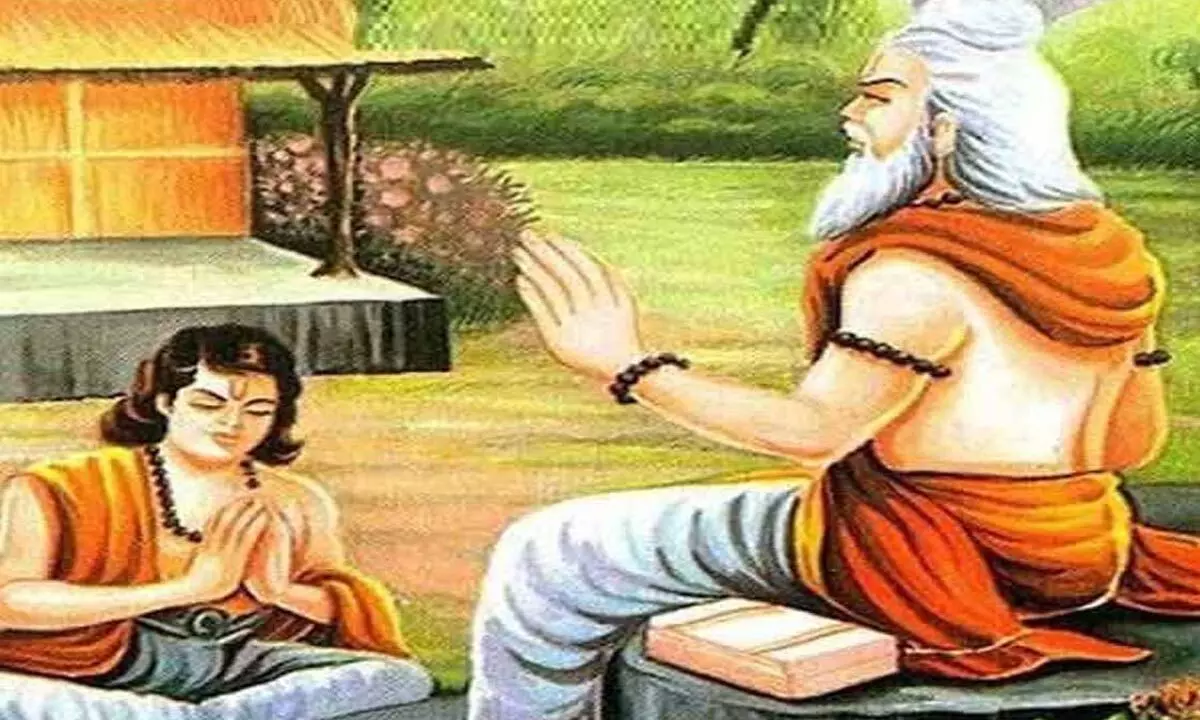Guru Purnima 2023: Date, Timings, Rituals, and Significance

Guru Purnima
Guru Purnima, also known as Vyasa Purnima, marks the birth anniversary of Veda Vyasa, author of the Mahabharata
Guru Purnima, also known as Vyasa Purnima, marks the birth anniversary of Veda Vyasa, author of the Mahabharata. This auspicious Hindu festival is dedicated to honouring and expressing gratitude to the teachers. It is celebrated on the full moon day (Purmima) in the Hindu month of Ashadha (June-July). This year, Guru Purnima falls on June 3. In Hinduism, notable gurus include Adi Shankara, Sri Ramanujacharya, and Sri Madhvacharya.
Guru Purnima 2023: Timings
Auspicious times for Guru Purnima vary depending on the lunar calendar and the specific location. Devotees usually wake up early in the morning to perform their rituals and seek blessings. According to Drik Panchang, Purnima Tithi is likely to start at 8:21 pm on July 2, while it is likely to end at 5:08 pm of July 3. The puja and festivities continue throughout the day, with devotees taking part in special ceremonies.
Guru Purnima 2023: Rituals
Guru Purnima is a day of reverence and gratitude towards gurus. Here are some common rituals observed during this auspicious festival:
Paying homage to gurus
Devotees visit temples, spiritual centers or the houses of their gurus to seek blessings. They offer flowers, fruits, incense and other symbolic items as a sign of respect and gratitude.
Guru bid
Special puja (ritual worship) ceremonies are performed on Guru Purnima. Devotees participate in these rituals to invoke the blessings of their gurus and seek guidance.
Songs and Bhajans
Hymns and devotional songs are sung in praise of the gurus. Chanting of sacred texts and scriptures, such as Guru Gita, is also a common practice on this day.
Discourse and Teachings
Many spiritual leaders and scholars give discourses on the meaning of Guru Purnima, emphasizing the role of teachers in shaping the lives of their disciples.
Seva (Service)
As an act of gratitude, devotees engage in seva (selfless service) in temples or other charitable institutions. Serving the community is seen as an expression of respect for one's gurus.

